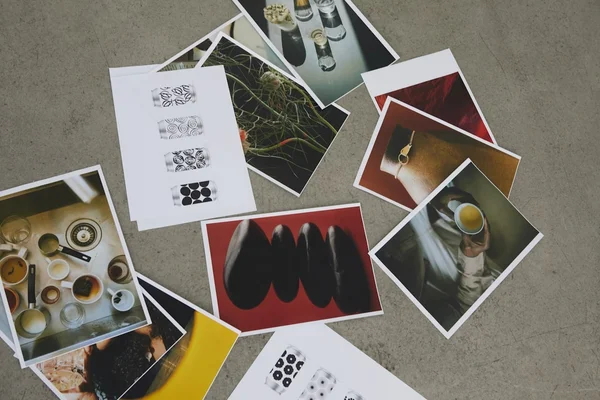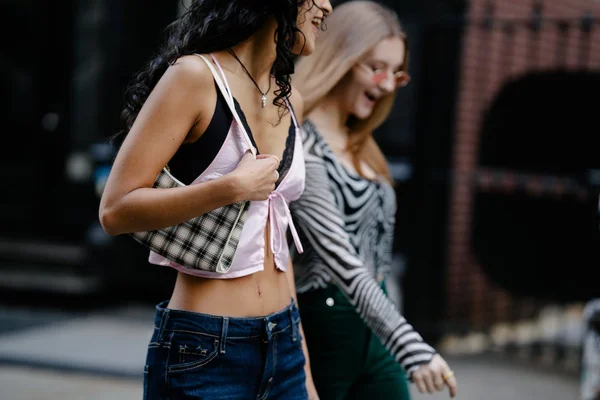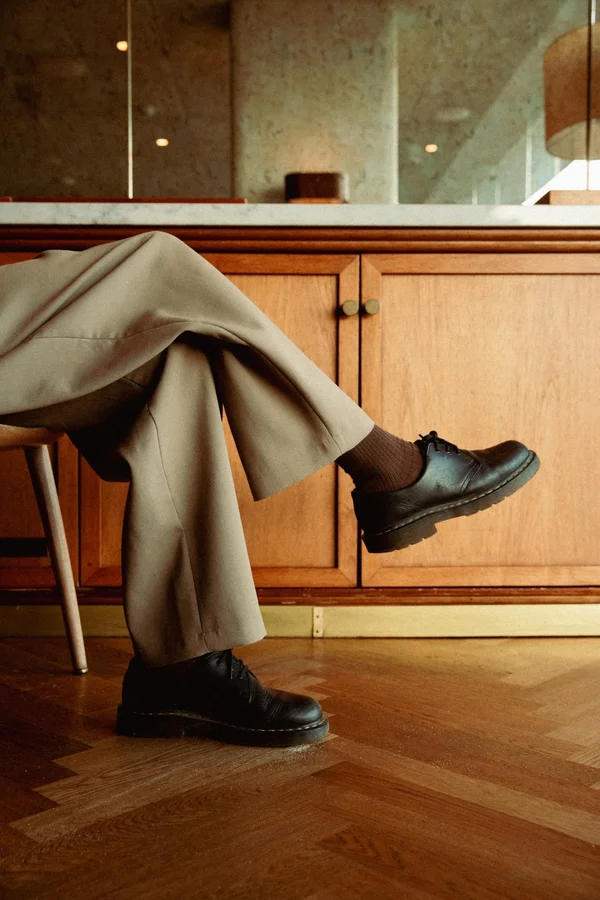11 years since Rana Plaza: where are we now?
By Florenne Earle Ledger published 24/04/2024

The 24th of April 2024 marks 11 years since the garment factory, Rana Plaza, collapsed and took the lives of 1,134 garment workers. Whilst others who worked in the building were advised to stay at home given the structure was at risk of caving in, garment workers were told they may lose their jobs if they didn’t go to work. As a result of corporate greed, thousands of people died.
Every year that’s passed since, we’re reminded of this event and prompted to think about why it’s crucial that fast fashion brands insist on doing better for their workers everywhere. As individuals, we can call corporations to action and fight for a fair future of fashion.
Last year, we projected key facts about the Rana Plaza collapse around the fast fashion capital of the UK, Manchester. Our aim was to encourage anyone who didn’t know about it to learn more and consider changing their shopping habits. On Sunday the 22nd of April we took to the streets with journalists, campaigners and anyone passionate about the cause. Earlier this month we caught up with our community of protestors to find out how the last 12 months have progressed us towards a fairer future of fashion.
Model and sustainable fashion activist, Brett Staniland, Fair Fashion Campaigner, Venetia La Manna, and Journalist and Campaigners Katie Robinson and Jemima Elliot, filled us in on the last year in sustainable fashion.
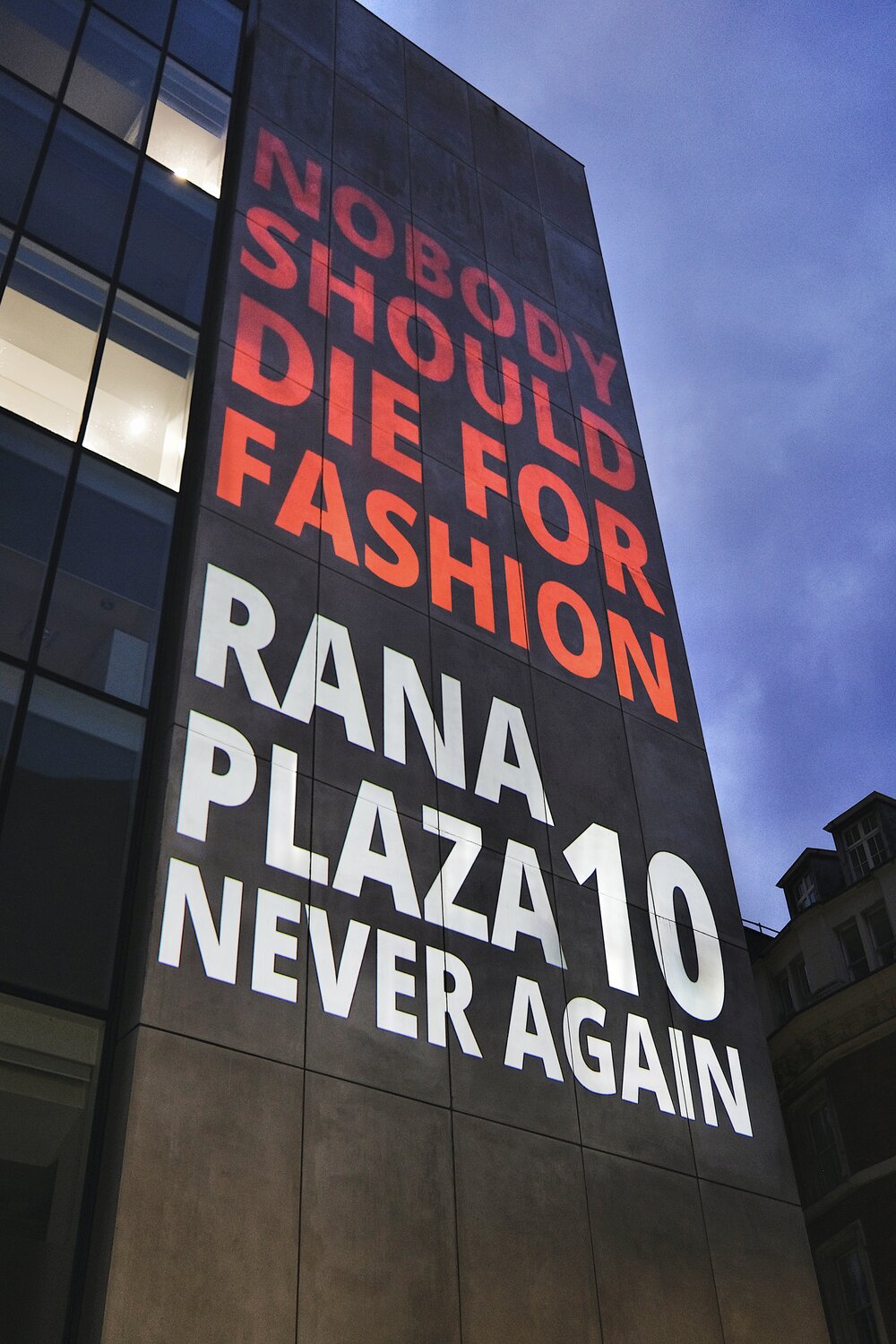
In your eyes, what are some key changes in the fashion industry from the last 12 months?
Brett: A main change I’ve seen this year is the rise in lawmakers and organisations trying to crack down on how fast fashion operates. Whilst I think they are still dragging their feet, the past year has been the most progressive in terms of setting out rules and proposing crackdowns. The EU backed new rules in June. France aims to introduce a surcharge on fast fashion products and in New York the Fashion Act has gained a lot of momentum.
Katie: Sustainability is no longer a bonus for brands, it's a main concern, and I think it's becoming increasingly more taboo for brands to not address sustainability in some way - like the recent case with Skims score on Remake's report and the public backlash it inspired.
At the same time, we're seeing a battle between ultra-fast fashion and fast fashion brands. Companies like Shein are underpricing H&M, Zara etc, and those brands are struggling to keep their footing. H&M's recent foray into "luxury" products proves that they're worried about their future in the market, and whilst I'm by no means rooting for them to stay afloat, the alternative is an "incomparable churn", as the BoF graph describes Shein's insane overproduction. It's a worrying idea that soon ultra-fast fashion may be the only alternative to luxury - we need legislation now more than ever to stop these giants in their tracks.
Venetia: A bittersweet win for fashion and Palestine solidarity happened a few months ago when Puma was forced to drop their sponsorship of the Israel Football Association. This is a result of collective organising through the BDS and Palestine solidarity movements. To learn more about how Palestine and the fashion supply chain are linked, please see Anti Sweatshop Activists Against Apartheid.
The Or Foundation work at the frontline of the clothing waste crisis in Kantamanto Market, Accra in Ghana. Their Speak Volumes campaign is demanding industry wide accountability on annual production numbers, calling on all fashion brands to disclose their production volumes by Black Friday. Last year, brands including Lucy & Yak, Finisterre and Stripe & Stare all endorsed the campaign, and we’ll be working hard to secure some Big Fashion brand endorsements as 2024 progresses. Your community can get involved here!
Jemima: One thing that feels encouraging is the increase in legislation globally - the FABRIC Act in the US, a whole range of legislation from the EU, the Circular Economy Bill in Scotland and the FASHION Act in New York. At the same time we need to ensure all legislation brings the voices of workers and those most affected by the climate crisis to the forefront. Workers cannot get left behind. This year has seen violent reactions by police and governments against protests for a living wage by garment workers in Bangladesh. Union organising and demand for fair pay should not be criminalised.
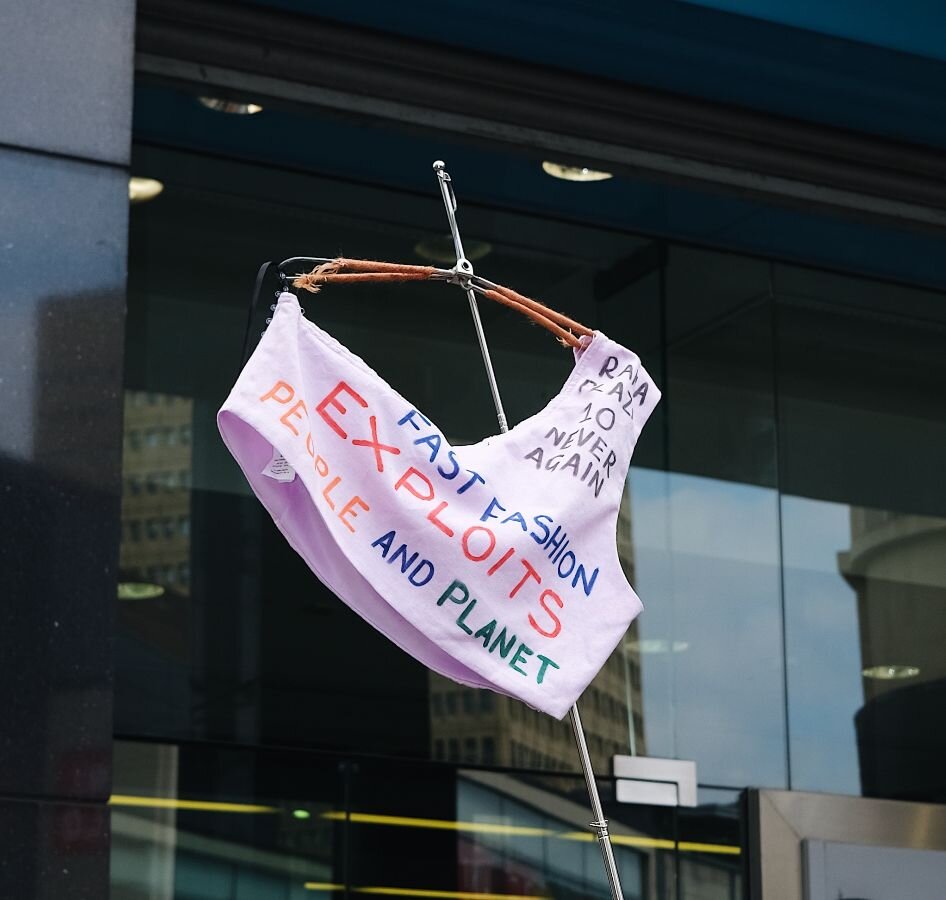
Has there been any new legislation, positive news or campaigns that have stood out to you as inspiring sustainable initiatives?
Brett: All lawmakers and organisations looking to make legislative change (which I have already mentioned) are really welcomed. I particularly like supporting the New York Fashion Act and feel if we are able to make it happen then there’s no reason why London can’t emulate New York.
Katie: I think one of my favourite movements has been the rise of consumer buying challenges. There's been a massive uptick in the number of people taking ownership of their consumerism and trying to do better: whether it's a "no-buy" to pause shopping completely, or something less limiting like Fashion Revolution Canada's No Polyester challenge, it proves that consumers are done waiting for governments and brands to lead the change - and they're willing to step up instead.
In terms of brands, I think Ganni is a great example of using your name and market power to do better. Their transparency with consumers (I love their @ganni.lab account on insta) and collaborations with new materials (inc biomaterials) is inspiring and more brands need to take this approach of "progress over perfection", whilst also actually committing.
Venetia: There have been some garment worker wins:
- Following Covid layoffs, unionised workers in Croatia won nearly half a million euros in severance pay for more than 200 former employees
- Cambodian garment workers successfully campaigned for 8 previously fired union leaders to be reinstated
- Workers at a Guatemalan factory restored previously removed severance rights to their 400 employees
Jemima: Seeing the amount of legislation come out globally has been super inspiring - from the expansion of the International Accord to the ones I mentioned above. I hope we can see more legislation in the UK and across the world, to regulate garment production and consumption in a way that upholds workers’ and climate justice.
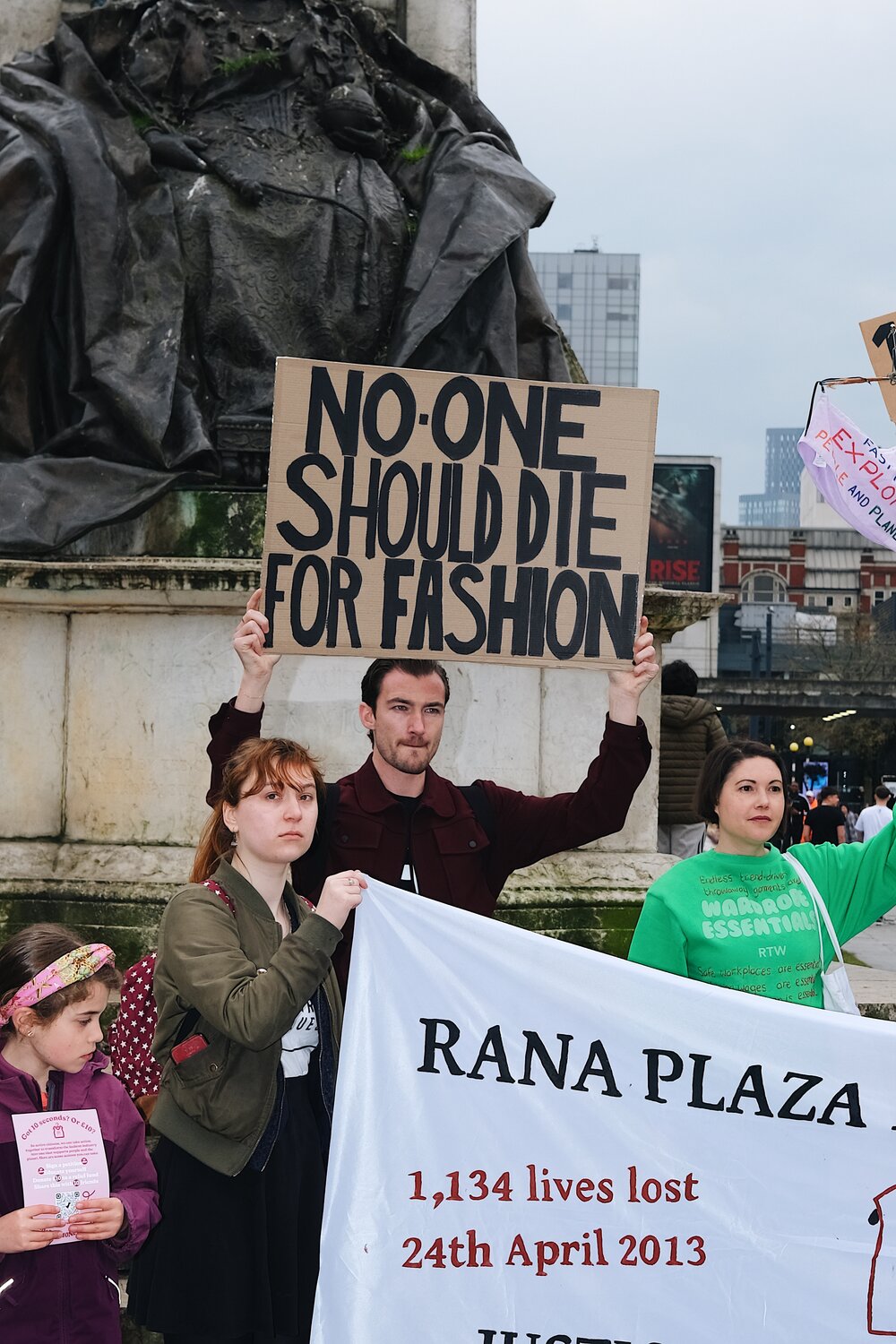
What are some simple actions you'd advise people take to develop a more sustainable relationship with fashion?
Brett: First is to simply slow down. We need far less than we actually have. Rediscover old unworn pieces in their wardrobes. And I think one of the most underrated tips for getting a more responsible wardrobe is to really understand your own sense of style. This way you’ll become less swayed by the constant trend cycle, and only require what specifically works for you.
Katie: Stop following influencers who are trying to sell you something with every post, really try to wear every item of your wardrobe and get creative with styling things in a new way (a wardrobe challenge or wardrobe tracking app can be great for this), connect with people that are striving for a better fashion industry, don't buy something with a specific event in mind or because you saw it in a 'spring trends' post. I don't think you can go back to watching Shein hauls after seeing the mountains of discarded clothing in Chile, or seeing hidden camera footage of fast fashion's sweatshops.
Venetia: Know that your power is so much more than what and how you buy. We can make truly impactful change when we stand in solidarity with resistance movements. Getting involved with campaigns, actions and disruptions - both in person and online - is the best way to get involved - and we need you!
Supporting any of the following campaigns is a good place to start:
- Anti Sweatshop Activists Against Apartheid - a movement connecting the dots between the exploitative practices within the clothing industry and Palestine solidarity.
- Good Clothes Fair Pay - campaigning for fair living wages for workers.
- Speak Volumes - as mentioned above, a campaign by The Or foundation on a mission to hold Big Fashion accountable and create data driven policies that reduces global clothing production.
Jemima: Honestly learning more about where our clothes come from really changed my relationship with fashion quite quickly. I couldn’t be in a high street store without feeling quite stressed and overwhelmed. Education is key.
There are several ways I find that can help make it easier too, like unfollowing brands on social media, unsubscribing from their email lists and asking yourself ‘do I really need this?’ ‘how often will I wear this?’ before buying.
All action matters, no matter how small. If you haven’t already, consider shopping less, buying second hand and getting involved in any campaigns mentioned above. To go the extra mile, encourage your friends and family to do the same!
We’re grateful to Brett, Katie and Venetia for sharing their take on the last year in sustainable fashion– encouraging all of us to continue campaigning for a fair future that uplifts everyone.
Something on your mind?
Share your thoughts with Whering community.
If you have an idea for an article around fashion, culture, environment, news, wellness, shopping or DIY, submit a pitch to us!

